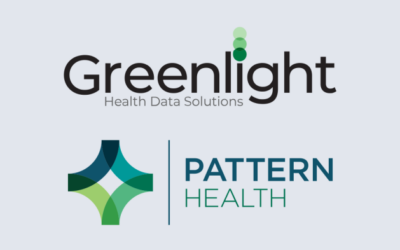Electronic Health Information Sharing and Patient Portals
Hailed as Data Liberation Day by the government, the Information Blocking Rule (IBR) went into effect on October 6, 2022. This health policy is really about information sharing and empowering the patient to take ownership of their health data. It’s no longer in the provider’s control to decide when to release a patient’s information. Electronic Health Record (EHR) vendors are also required to support ease of access to a patient’s data. If providers, EHR vendors, or Health Information Exchanges (HIE) block access or interfere with the flow of a patient’s health data, they are subject to financial penalties for each occurrence. While the IBR is the most recent health policy to address a patient’s right to access their health information, it is predicated on a 25-year series of broader health policies that laid the foundation for where we are today. It essentially started under The Health Insurance and Accountability Act of 1996 (HIPAA), specifically the Privacy Rule. Some components of the Privacy Rule were written for paper-based medical records, not digital records (Dworkowitz, 2022). The IBR amends some of the antiquated pieces of HIPAA that are oriented to paper and modernizes them for a more advanced era of EHRs and interoperability. This white paper will reflect on the layers of health policy that enabled the healthcare industry to evolve and support information sharing under the IBR.
DOWNLOAD THE WHITE PAPER FOR FURTHER READING:



